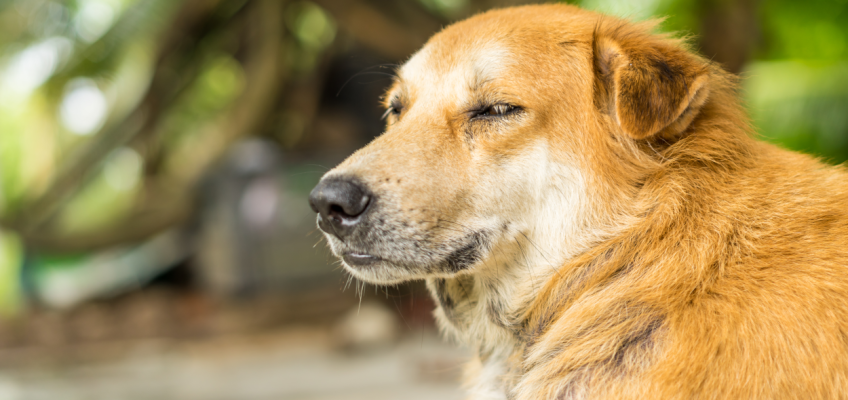Golden Years: Essential Health Tips for Senior Dogs
As our beloved canine companions age, they require a new level of care and attention to ensure their twilight years are comfortable, healthy, and full of joy. Senior dogs, typically defined as those aged seven years and older, may face mounting health challenges, including arthritis, obesity, and cognitive decline.
As pet owners, it’s our responsibility to provide the best possible environment and care for our ageing friends. At Broadleaf Grain Free Dog Food, we believe in offering the right nutrition and support for dogs throughout their life stages. In this article, we will explore essential health tips for senior dogs, ensuring they enjoy their golden years to the fullest.
1. Nutrition Matters: Update Their Diet
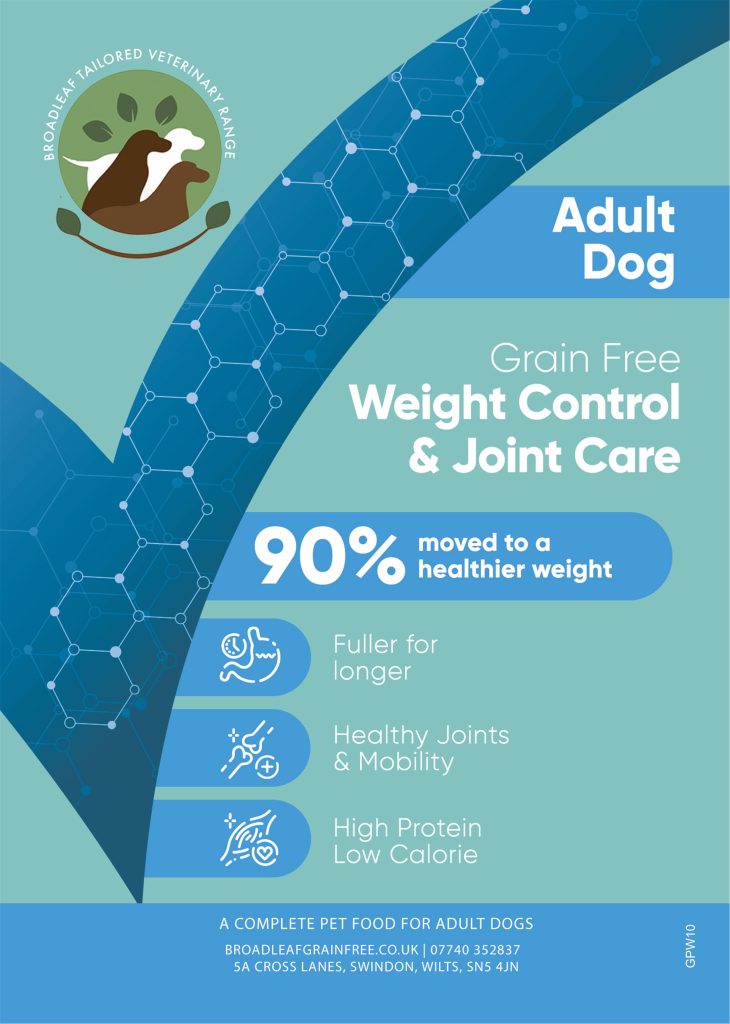
One of the most significant changes you can make for your senior dog is to adjust their diet. As dogs age, their metabolic rate decreases, meaning they require fewer calories while still needing high-quality nutrients.
Go Grain-Free
Many older dogs are prone to food allergies or intolerances that can lead to digestive issues and discomfort. A grain-free diet can help mitigate these concerns. At Broadleaf, our grain-free dog food is specifically designed to meet these needs, packed with high-quality proteins and essential nutrients to support your senior dog’s health.
Focus on High-Quality Ingredients
When selecting dog food, always prioritise those made with high-quality ingredients. Look for protein sources such as chicken, lamb, or fish as the primary ingredient. Protein is essential in maintaining muscle mass, which is crucial for older dogs who naturally begin to lose muscle. A balanced diet rich in vitamins and minerals will also support overall health and vitality.
Consider Joint Health
Many senior dogs suffer from joint pain and arthritis, making it essential to incorporate joint-supporting nutrients into their diet. Ingredients such as glucosamine and chondroitin are known to promote joint health and mobility. Look for dog foods that contain these supplements, or talk to your vet about adding them separately.
2. Regular Veterinary Care
Routine veterinary visits are crucial for maintaining your senior dog’s health. Regular check-ups can catch health issues early, making treatment more manageable.
Schedule Bi-Annual Check-Ups
As your dog ages, aim for at least two vet visits a year. These visits can help monitor your dog’s weight, dental health, and overall condition. Regular blood tests can assess organ function and identify any potential health problems before they escalate.
Dental Care is Essential
Dental health often declines with age, yet it is crucial for your dog’s overall well-being. Plaque and tartar can lead to periodontal disease, which can cause pain and affect vital organs. Your vet may recommend professional cleanings or suggest dental chews to maintain oral health at home.
Vaccinations and Preventative Medications
Don’t forget to keep up with vaccinations and preventative medication. Senior dogs may be more susceptible to certain diseases, making regular vaccinations vital. Discuss flea, tick, and heartworm prevention with your vet, as these are still important in an older dog’s life.
3. Maintain an Active Lifestyle
Exercise remains vital for senior dogs, even if their energy levels may not be what they once were. Regular activity helps maintain a healthy weight, reduces behavioural issues, and keeps their joints flexible.
Tailored Exercise Routines
While you may need to modify your dog’s exercise routine, it’s crucial to keep them engaged. Gentle walks around the neighbourhood and short play sessions can keep them active. Always start slow and monitor your dog’s behaviour for signs of fatigue.
Choose Low-Impact Activities
Consider low-impact activities like swimming, which is easy on the joints and incredibly enjoyable for many dogs. Gentle play with interactive toys or gentle tug-of-war can also provide mental stimulation without overexerting them.
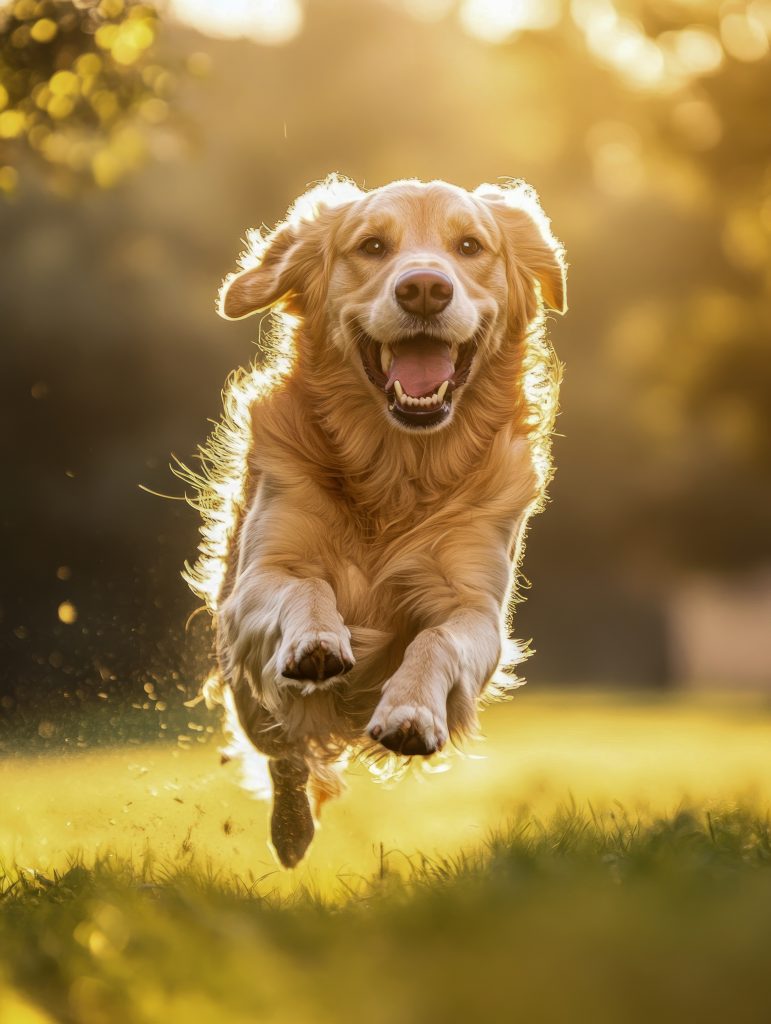
Mental Stimulation is Key
Cognitive health is just as important as physical health in senior dogs. Engage their minds with puzzle toys and interactive games that challenge their problem-solving skills. Teaching them new commands or tricks—albeit on a simpler level than in their youth—can also be enriching and bonding.
4. Create a Comfortable Environment
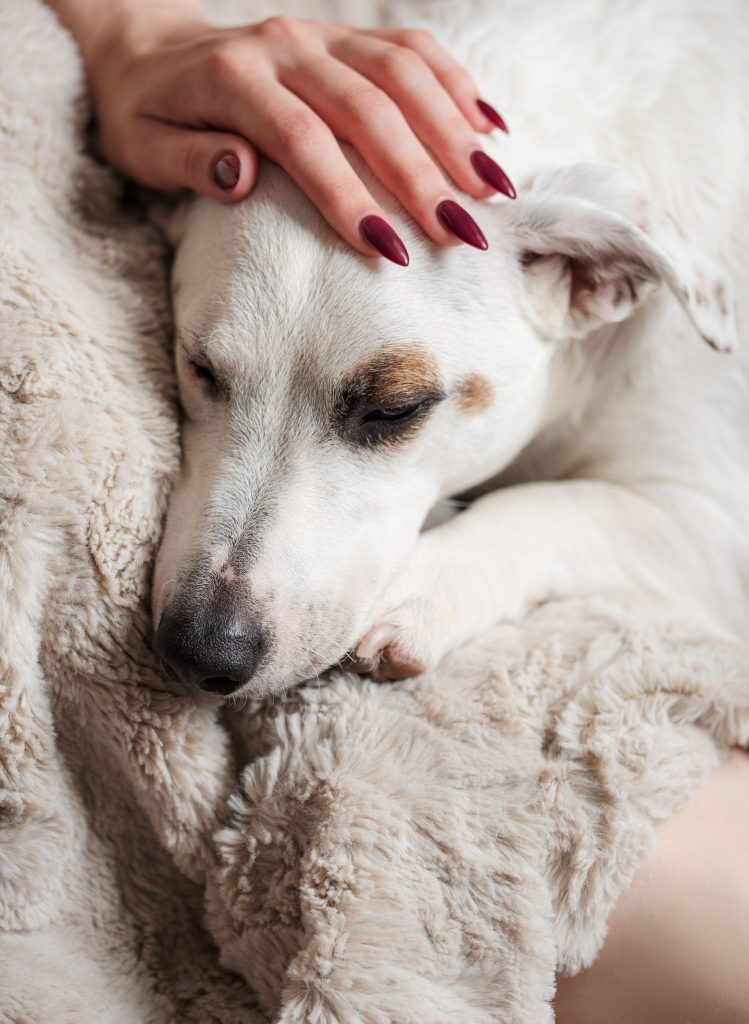
As dogs age, they may develop mobility issues or sensitivity to temperature changes. Creating a comfortable environment can significantly enhance their quality of life.
Invest in a Supportive Bed
A comfortable bed is essential for an older dog, as joint pain and stiffness can hinder their ability to rest. Orthopaedic dog beds provide the support they need while helping to alleviate pain. Place the bed in a warm, quiet location where they can feel safe and relaxed.
Manage Mobility Challenges
If your dog is struggling with stairs or slippery floors, consider providing ramps or non-slip mats to make their environment safer. Minimising access to stairs can also prevent falls and injuries.
Keep Their Area Clean and Accessible
Make sure your home is easy for them to navigate. Keep their necessities—like food and water bowls, toys, and accessible resting areas—within easy reach to avoid
5. Monitor Weight Closely
Maintaining a healthy weight is crucial for senior dogs, as obesity can exacerbate many health issues, including joint pain, diabetes, and heart problems.
Regular Weight Checks
Weigh your dog regularly to monitor any significant changes in weight. If you notice any fluctuations, consult your veterinarian to assess their diet and activity level.
Portion Control
Maintaining portion control is vital, especially for less active dogs. Adjust their food intake based on their activity level, ensuring they receive the appropriate amount of nutrients without excess calories. With Broadleaf Grain Free Dog Food, you can trust that you’re providing your dog with essential nutrients without unnecessary fillers.
6. Pain Management is Crucial
Managing pain effectively is essential to ensuring your senior dog’s comfort and quality of life.
Consult Your Vet for Pain Solutions
If you notice your dog exhibiting signs of discomfort—such as limping, reluctance to play, or difficulty standing—consult your veterinarian. They can assess the situation and prescribe suitable pain relief options tailored to your dog’s needs.
Natural Supplements for Pain Relief
Incorporating natural supplements can also help manage discomfort. Ingredients like turmeric and omega-3 fatty acids may possess anti-inflammatory properties. Always discuss introducing new supplements with your vet to ensure their safety and efficacy.
7. Maintain Social Interaction
Socialisation is an integral part of a dog’s life and well-being, particularly for senior dogs who may experience loneliness.
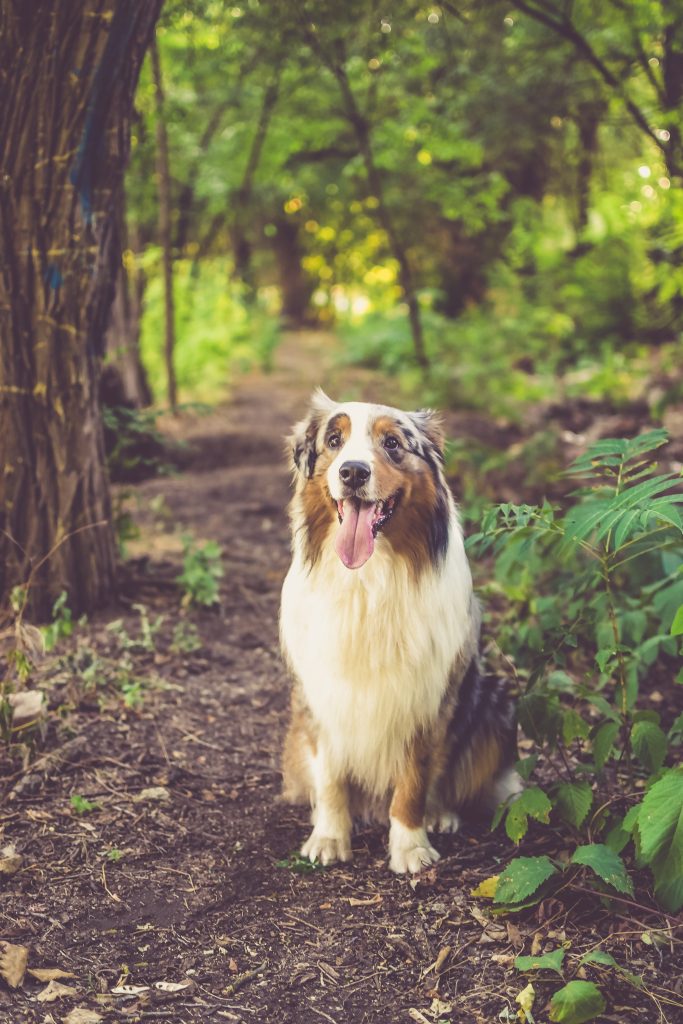
Arrange Playdates
Arrange supervised playdates with familiar dogs who are gentle and understanding. This provides mental stimulation and companionship, which is important for emotional health.
Quality Time Together
Spending quality time with your senior dog strengthens your bond and offers comfort. Gentle walks, quiet moments together, and simply talking to your dog can all enhance their happiness and sense of security.
8. Cognitive Health and Mental Stimulation
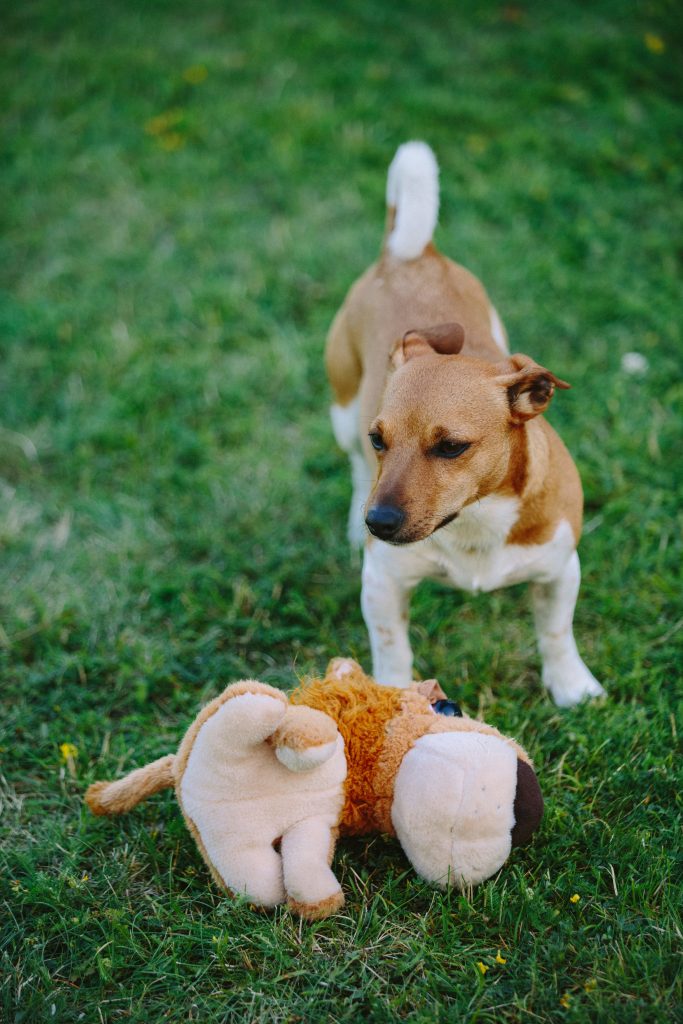
Cognitive decline is a common issue that may arise in senior dogs. Keeping their minds active can reduce the chances of developing cognitive dysfunction.
Use Interactive Toys
To boost mental engagement, consider interactive toys or puzzles that encourage your dog to think. Find toys that dispense treats as they solve challenges and reward their efforts.
Train New Skills
Training new commands or tricks—even simple ones—can help keep your dog’s mind sharp. Use positive reinforcement techniques to motivate them and ensure a fun, rewarding experience.
9. Regular Grooming Rituals
Grooming is essential for all dogs, but especially for seniors who may not groom themselves as effectively as when they were younger.
Regular Brushing
Regular brushing can help manage shedding and remove dirt and debris from your dog’s coat. This also stimulates their skin, promoting healthy oils that keep their coat shiny.
Nail Trimming and Bathing
Keep your dog’s nails trimmed to avoid painful overgrowth, and regular baths will help maintain hygiene. Make sure to use dog-specific shampoos that won’t irritate their skin.
10. Keep a Watchful Eye
Being observant is perhaps one of the most crucial aspects of caring for a senior dog. Changes in behaviour or physical condition can indicate underlying health concerns.
Maintain a Health Journal
Consider keeping a health journal to record your dog’s habits and any changes you observe. Monitoring their appetite, drinking habits, activity levels, and bathroom habits can be incredibly informative for you and your vet.
Trust Your Instincts
As a loving pet owner, you know your dog better than anyone. If something seems off—no matter how small—trust your instincts and consult with your veterinarian.
Caring for a senior dog can be a bittersweet journey, but implementing these essential health tips will help ensure your beloved companion enjoys a happy, fulfilling life in their golden years. At Broadleaf Grain Free Dog Food, we are committed to providing quality nutrition tailored to the unique needs of ageing dogs.
Embrace this time spent together. Your love, attention, and care can make a significant difference in your senior dog’s life. For more insights and high-quality dog food options, take a look at our range and let’s ensure that the golden years are a time of happiness, health, and shared moments of joy.

